Should you be using mouthwash? What you need to know
Could mouth rinsing actually make your dental care worse?
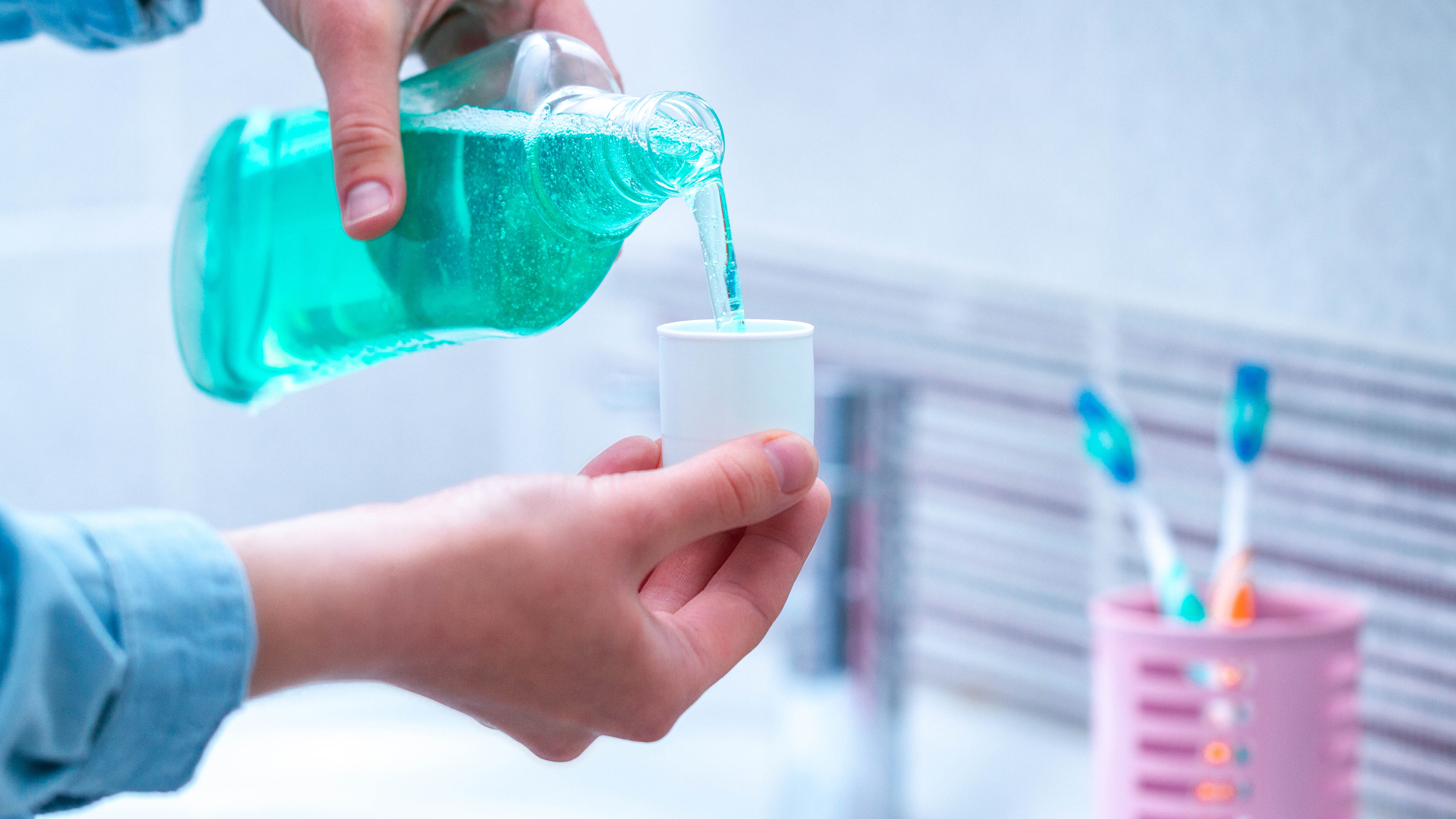
We all have our daily, dental routine, and there's nothing quite like the feeling of a refreshing mouthwash. But, while we consider mouth rinsing to be the key to maintaining fresh breath, should you be using mouthwash?
Alongside the many benefits to using mouthwash, there are also things to be aware of. According to dental experts, mouthwash can actually make some dental hygiene problems worse. So whether you can't live without your favorite mouthwash, or simply use it to banish bad breath, we take a look at the pros, cons and everything you need to know.
Also, find out should you floss before or after brushing?
What does mouthwash do?
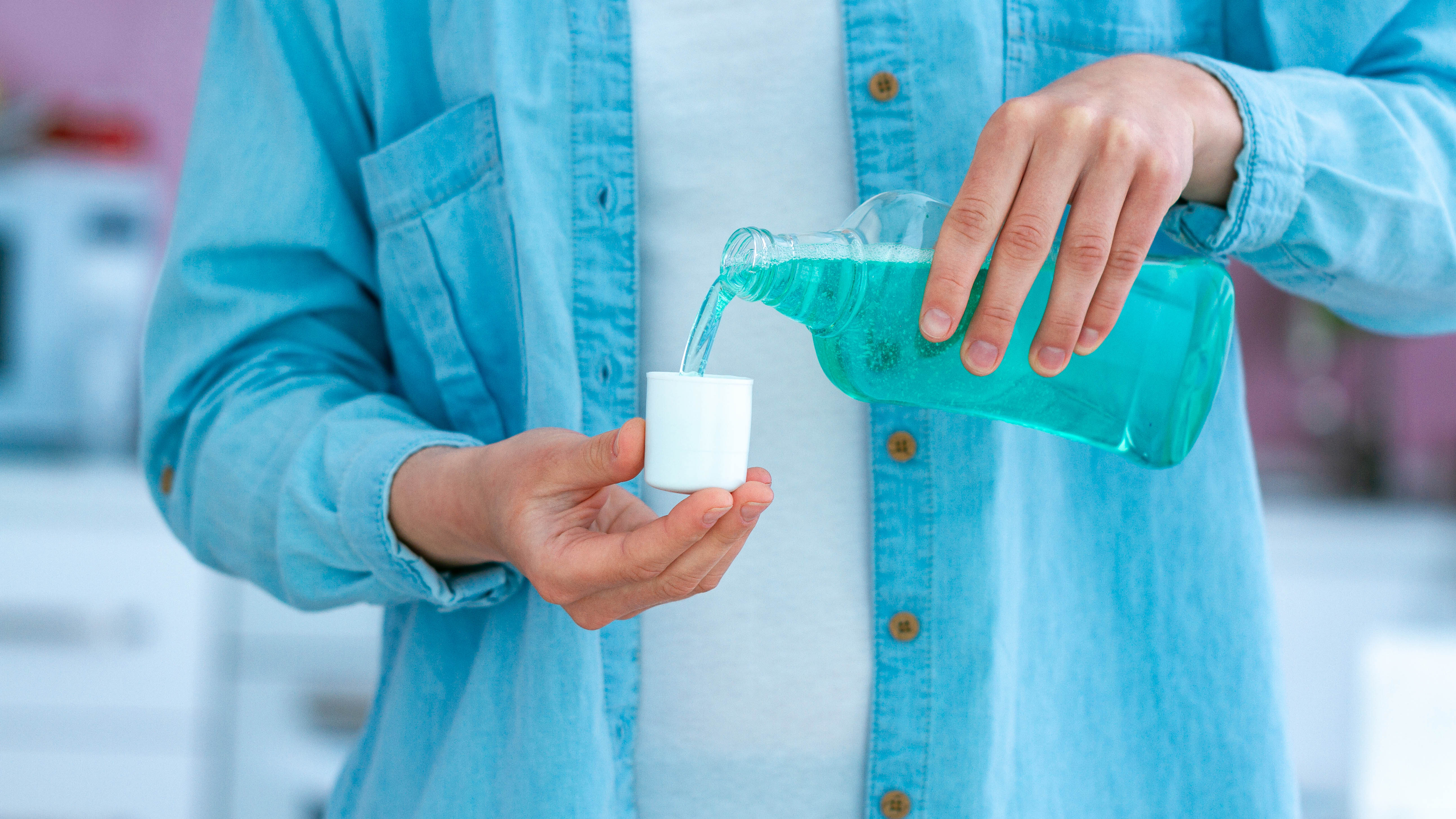
Typically, mouthwash or ‘oral rinse’ contains fluoride and antibacterial ingredients to clean between your teeth. Fluoride rinses help to reduce tooth decay and prevent cavities, while the antimicrobials kill bacteria that causes bad breath, plaque, and gingivitis (inflamed gums).
Some types of mouthwash contain alcohol as a preservative ingredient, and a carrier for all the other ingredients, while others are alcohol-free. Bear in mind that ingredients vary for different brands, so it’s always important to read the labels carefully, and ensure it’s suitable for your needs.
Is mouthwash necessary?
As long as you brush your teeth twice a day, and floss daily, mouthwash is not a necessity. However, dentists highly recommend adding mouthwash to your morning or evening regime.
What are the benefits of mouthwash?
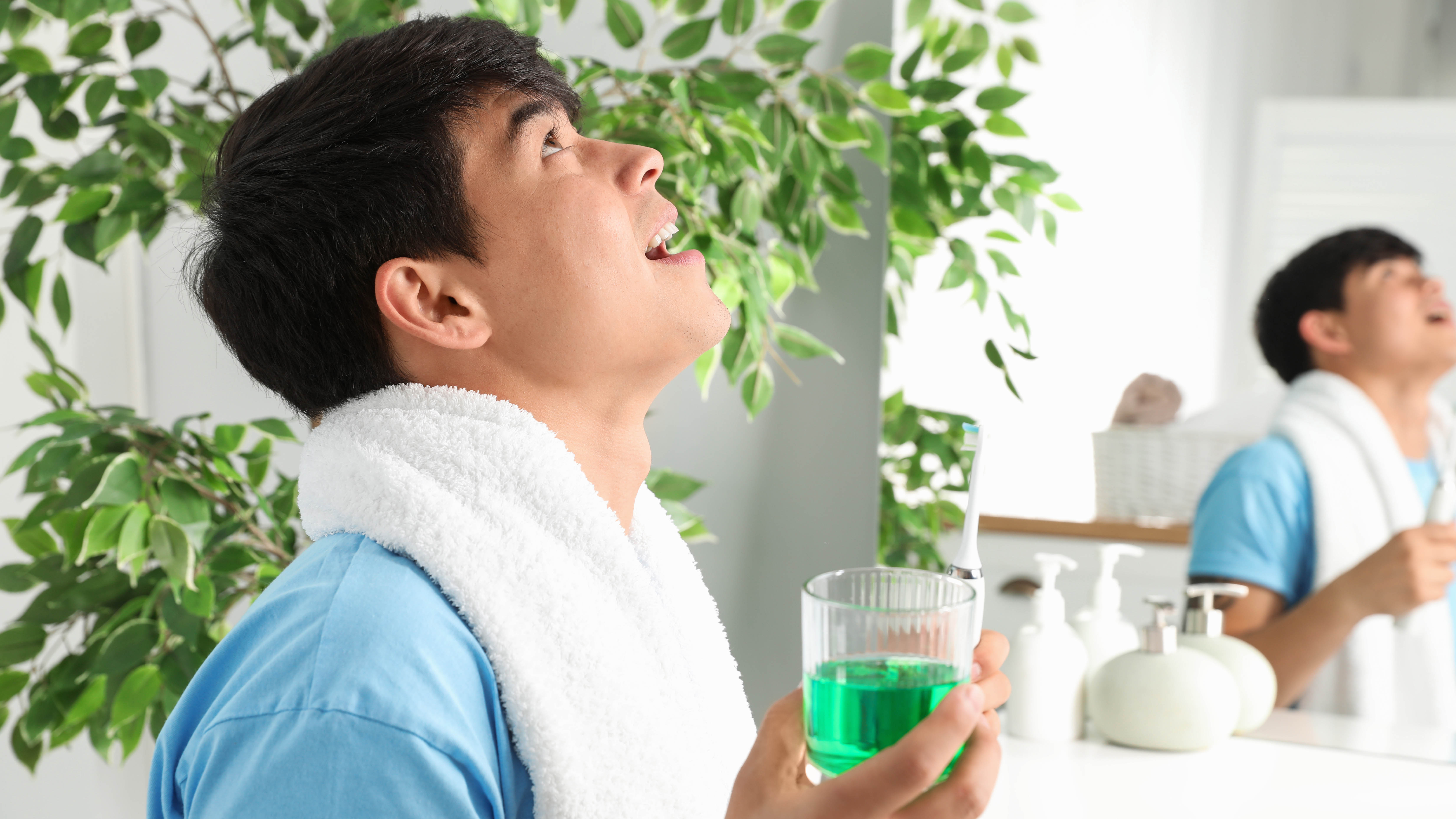
There are many health benefits to using mouthwash. It can reduce plaque build-up to prevent cavities, reduce your risk of gum disease, freshen breath and in some rinses, make teeth appear whiter.
Sign up to get the BEST of Tom's Guide direct to your inbox.
Get instant access to breaking news, the hottest reviews, great deals and helpful tips.
For many people, a mouthwash with fluoride is best and provides most of the benefits. There are also mouthwashes suitable for people with dry mouth, sensitive teeth, mouth sores, or recent dental surgery. Before you choose, always check for an American Dental Association (ADA) seal on the label. This ensures that it is officially approved for dental care. The same applies if you prefer organic or natural products.
How do I use mouthwash properly?
First, thoroughly brush and floss your teeth well. If you’re using a fluoride toothpaste, it’s recommended to wait a while before rinsing as the mouthwash can wash away the concentrated fluoride. Measure the mouthwash into the container/cup provided, to the amount stated on the bottle. Then, pour into your mouth and swish around for 30 to 60 seconds before spitting out into the sink.
Mouthwash will not fix bad breath
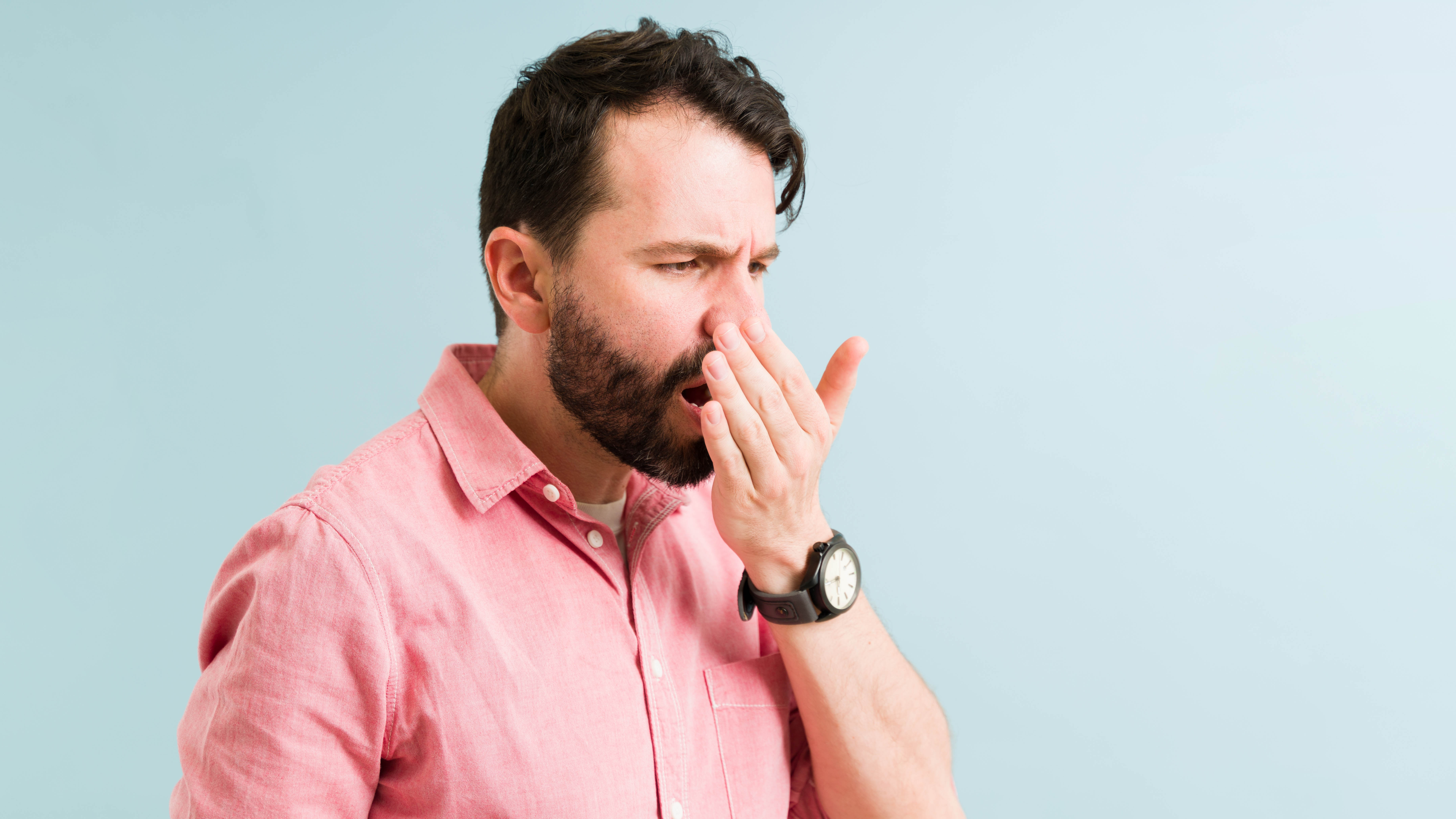
Whether you’re a smoker or enjoy garlic-laden meals, mouthwash is only a temporary fix to hide bad breath. If you’re using mouthwash for consistent halitosis (bad breath), there may be underlying dental or medical issues. These include chronic dry mouth, acid reflux, gum bleeding or side effects from any medications. It’s always best to seek advice from your dentist or physician, where they can recommend specialized mouthwashes, or treatments to resolve the symptoms. Only use mouthwash as a finishing rinse to your dental regime.
Mouthwash can cause dry mouth
If you suffer from dry mouth (Xerostomia), a rinse containing alcohol may actually make the symptoms worse. Dry mouth is a condition where the salivary glands don’t produce enough saliva, and help to prevent cavities. The American Dental Association recommends that a mouthwash containing fluoride may be better in this instance.
When shouldn’t you use mouthwash?
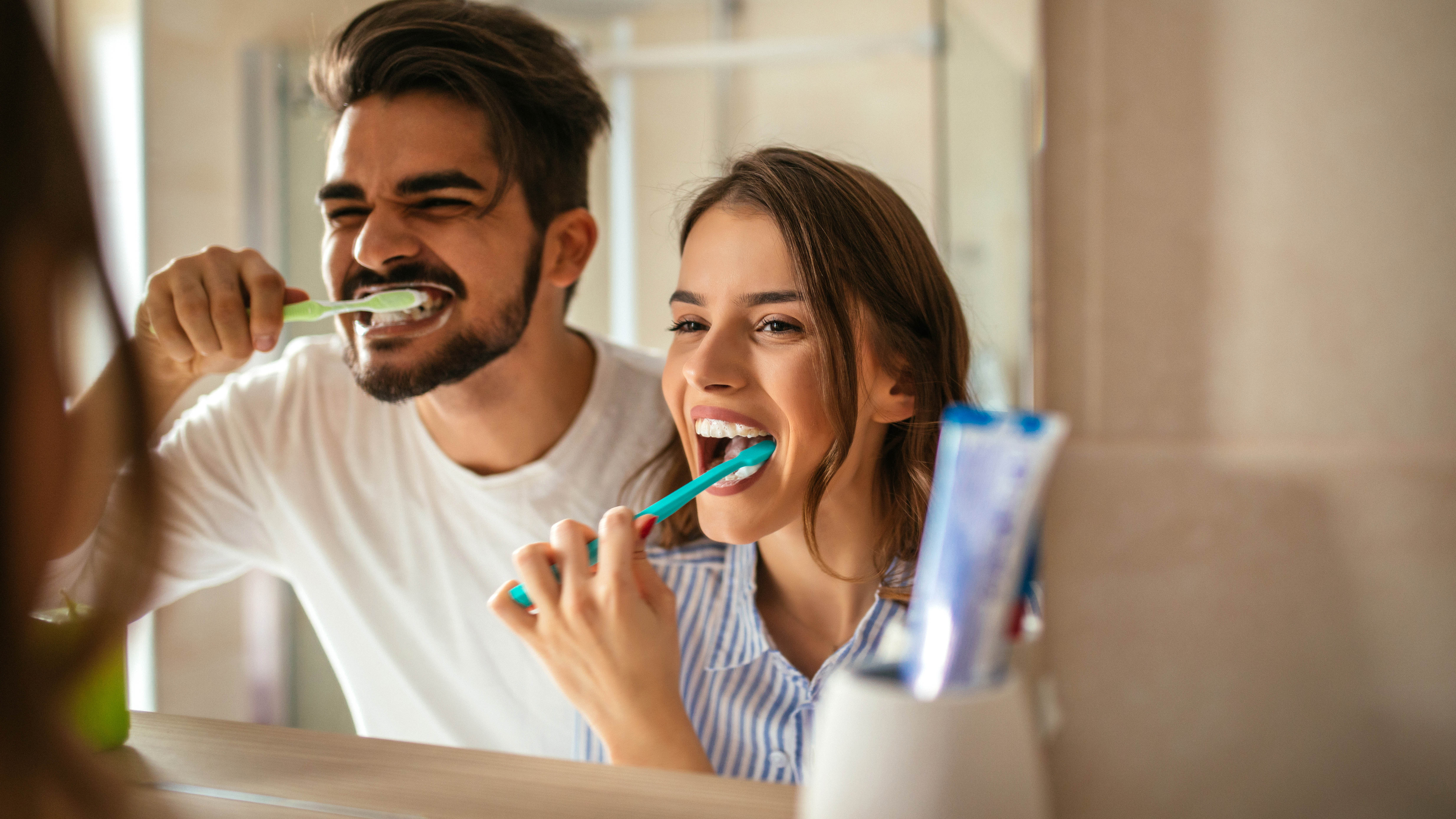
Those who have mouth sores, a compromised immune system or currently undergoing chemotherapy are advised not to use mouthwash. In addition, check labels carefully if you’ve had an allergic reaction, irritation or burning pain to any type of mouthwash ingredient. It’s important to note the American Dental Association doesn’t recommend mouthwash for children under the age of 6.
So, while mouthwash has its pros and cons, just remember that mouthwash should not be used as a substitute for brushing and flossing twice a day. You simply can’t beat good oral hygiene!
In any case, it’s important you know how to clean a toothbrush properly for best hygiene. Or else you can check out one of the best electric toothbrushes to upgrade your dental regime.

As the Homes Content Editor, Cynthia Lawrence covers all things homes, interior decorating, and garden-related. She has a wealth of editorial experience testing the latest, ‘must-have’ home appliances, writing buying guides and the handy ‘how to’ features.
Her work has been published in various titles including, T3, Top Ten Reviews, Ideal Home, Real Homes, Livingetc. and House Beautiful, amongst many.
With a rather unhealthy obsession for all things homes and interiors, she also has an interior design blog for style inspiration and savvy storage solutions (get rid of that clutter!). When she’s not testing cool products, she’ll be searching online for more decor ideas to spruce up her family home or looking for a great bargain!
